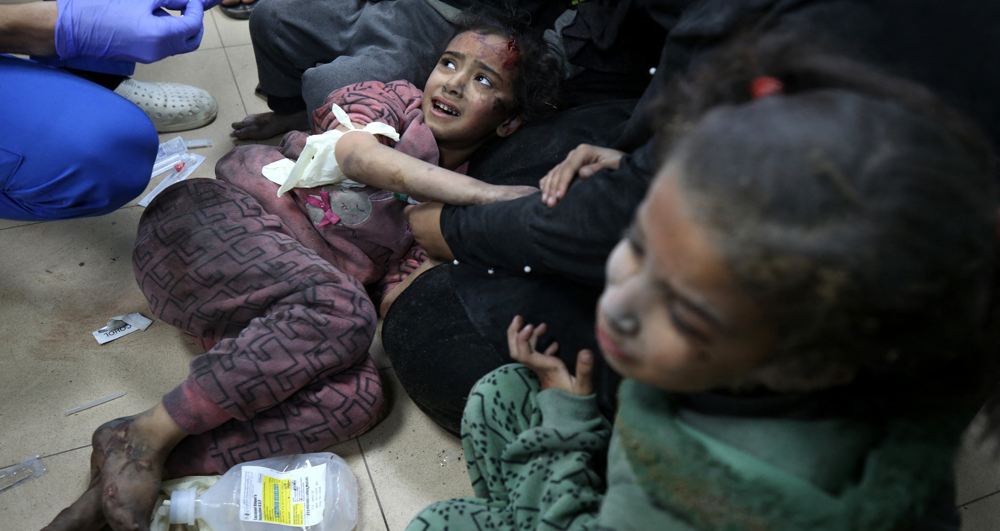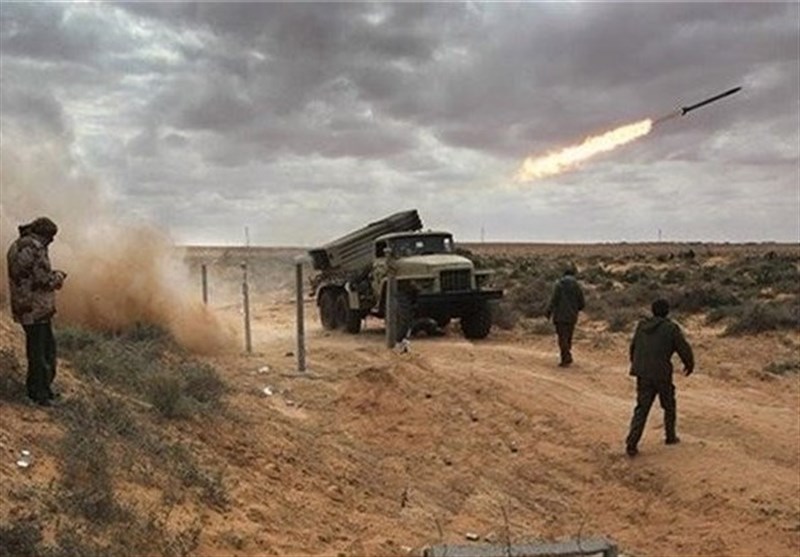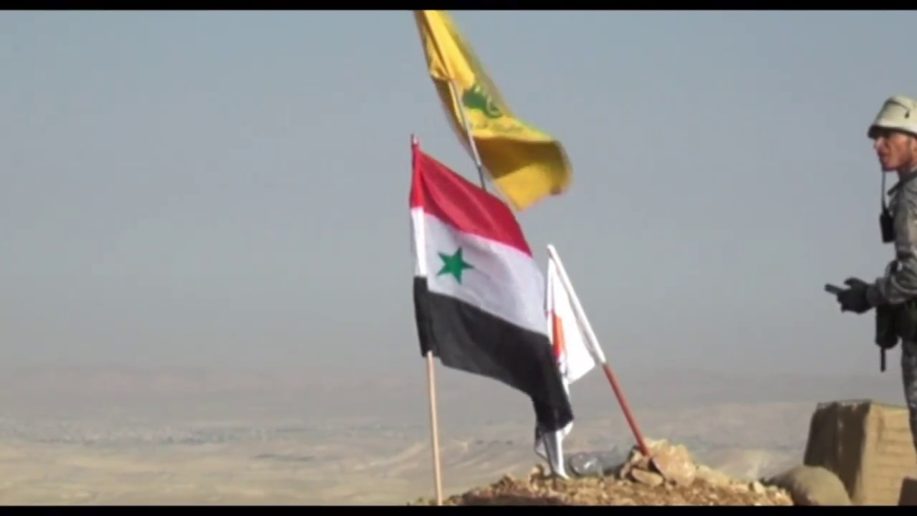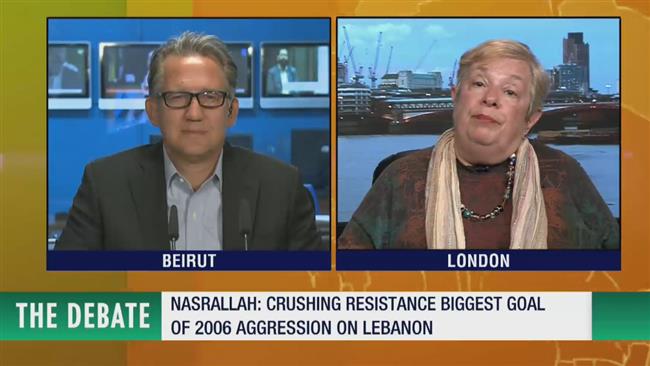Israeli troops go on looting, vandalism spree amid genocide in Gaza
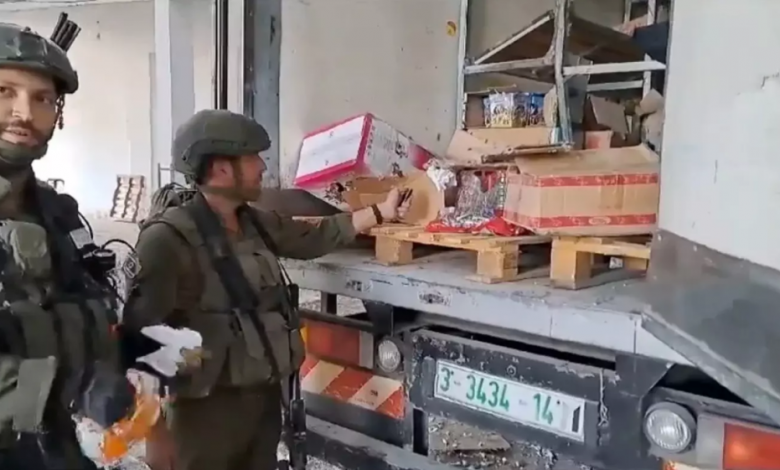
Israeli troops have stepped up their destruction of businesses and properties, vandalism, and the installation of Israeli and Jewish symbols across Gaza’s neighborhoods in what analysts believe is a part of “psychological warfare”.
Footage has emerged of troops carrying out violent and provocative acts that appear to have little to do with their stated aim of “destroying” Hamas.
In one example of theft, a soldier bragged about stealing a silver necklace from Gaza to take back to his girlfriend in Israel. Another troop stole a rug from a Palestinian home.
In a post on Facebook, an Israeli officer was seen gloating about seizing a host of sealed makeup items to take to Tel Aviv as “gifts from Gaza.”
Elsewhere, footage emerged of a Palestinian gift shop being completely destroyed, with an Israeli soldier rummaging through a woman’s underwear and using derogatory remarks about her.
“There is a long history of Israeli soldiers vandalizing the homes of Palestinians they invade,” Laleh Khalili, an academic and researcher at the University of Exeter, told London-based Middle East outlet.
“During the Nakba and successive wars of conquest in the historic lands of Palestine, in Lebanon in the early 1980s, and the Occupied Palestinian Territories during successive invasions, such behavior has been rife,” she added.
“Israeli soldiers have left graffiti – often using quite violent, even genocidal, language; defecated in kitchens; looted valuable personal items; destroyed everyday objects and belongings; and taken trophy photographs of themselves.”
An Israeli soldier brags about looting a silver necklace for his girlfriend from Gaza pic.twitter.com/YCZyoUjcUz
— Middle East Eye (@MiddleEastEye) November 26, 2023
The academic said the ranks of the officers of the Israeli military were populated with some of the “most fanatical” settler types who have always been drawn to militaries and other coercive institutions.
Stressing that the idea of a disciplined Israeli military was “a myth,” Khalili said, “The military is made of conscripts, most of them committed Zionists who believe in their right to settle anywhere between the River Jordan and the Mediterranean Sea.”
Khalili underlined that, “The vandalism and looting we see is likely both a result of indiscipline and an element of psychological warfare.”
The news website also quoted journalist Murtaza Hussain as saying that the viral clips were aimed at demoralizing Gaza residents.
“The videos of Israeli soldiers stripping Palestinians and looting shops seem to be deliberately leaked to demoralize Gazans and bolster morale domestically,” Hussain said.
“But they send a negative signal internationally where it’s promoted the IDF is a highly professional Western-style military.”
Israel launched the war on Gaza on October 7 after Hamas-led Palestinian resistance groups waged the surprise Operation Al-Aqsa Storm against the occupying entity in response to the Israeli regime’s decades-long campaign of bloodletting and devastation against Palestinians.
Since the start of the offensive, the Tel Aviv regime has killed some 19,000 Palestinians and injured more than 50,000 others.
Thousands more are also missing and presumed dead under the rubble in Gaza, which is under “complete siege” by Israel.
Gaza’s cemeteries razed by Israeli forces
Meanwhile, an analysis of new satellite imagery and video footage by The New York Times showed that the Israeli forces had in recent weeks damaged or destroyed at least six cemeteries during their onslaught on the northern Gaza Strip.
“In Gaza City’s Shajaiye neighborhood, where heavy combat raged in recent days, Israeli forces razed part of the Tunisian cemetery to set up a temporary military position,” the paper said. “A satellite image…shows armored vehicles and earthen fortifications on what were intact graves days earlier.”
The US daily stressed that much of the damage was inflicted this month as Israeli forces pressed ahead with their ground invasion in densely built-up areas of Gaza City.
“Israeli military vehicles destroyed dozens of graves at a smaller cemetery in early December, next to an existing Israeli position half a mile to the northwest of the Tunisian cemetery,” the paper said.
According to The New York Times, satellite imagery showed new tracks and possible military vehicles at Al-Faluja cemetery in the Jabaliya neighborhood of Gaza City, with footage showing damage to the gravesite.
The report said a possible military position was set up at a cemetery in Beit Hanoun, also in northern Gaza.
The other cemeteries the US daily identified as razed by Israeli forces were in Sheik Ijlin, a neighborhood of Gaza City, and Beit Lahia, a city in Gaza’s far north.
The Israeli damage to the gravesites in Gaza comes as the laws of armed conflict consider the intentional destruction of religious sites without military necessity a possible “war crime.”
